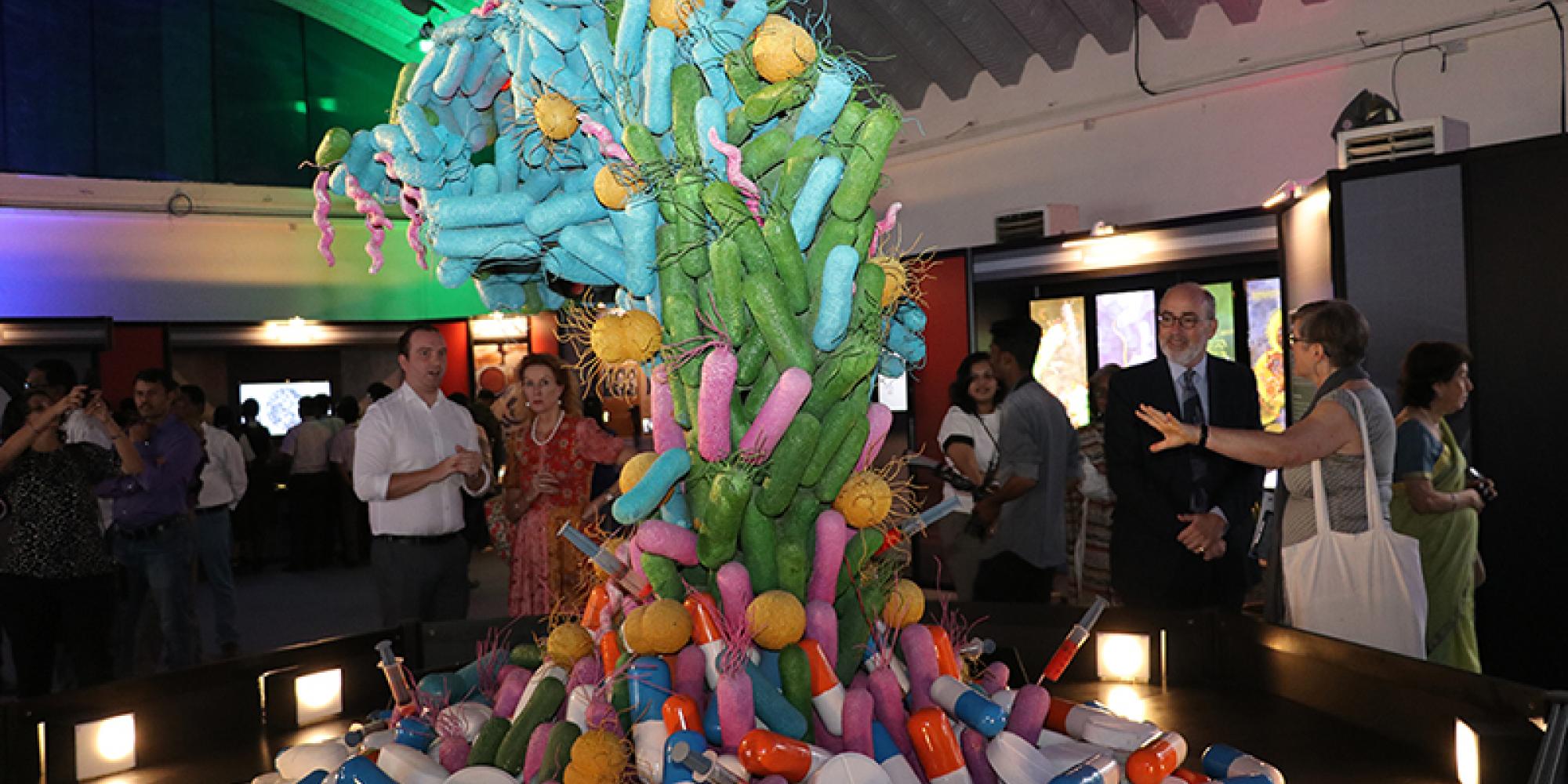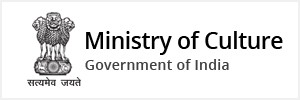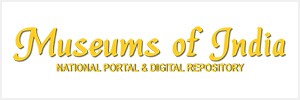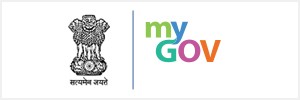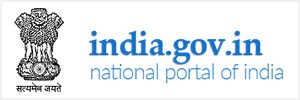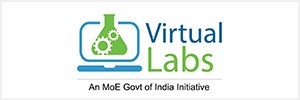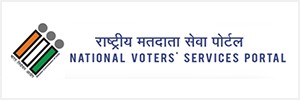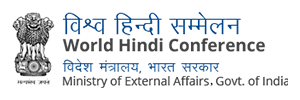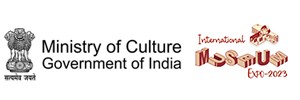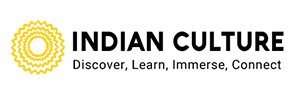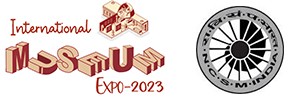- National Council of Science Museums (NCSM), Ministry of Culture, Government of India, Science Museum Group, London and Wellcome (UK) join hands to create awareness about Antibiotic Biotic Resistance across India
- ‘Superbugs’ kill an estimated 7,00,000 people a year, and by 2050 this figure could rise to 10 million.
- The Exhibition, scheduled to open on 18th December, is supported by the Indian Council of Medical Research (ICMR) and will be on display at the Nehru Science Centre, Worli, till February 16, 2020.
‘Superbugs: The End of Antibiotics?’ exhibition was inaugurated today by Eminent Scientist, Padma Vibhushan, Prof. M. M. Sharma, Emeritus Professor of Eminence, Institute of Chemical Technology, Mumbai in presence of Physician Dr. Farokh E. Udwadia at Nehru Science Centre, Mumbai. Mr. Crispin Simon, British Deputy High Commissioner Mumbai, Ms. Helen Jones, Director, Global Engagement & Strategy Science Museum Group and distinguished guests and dignitaries from the Science Museum Group, UK and the Wellcome Trust (UK) were also present on the occasion.
Superbugs – microbes which become resistant to antibiotics – kill almost 700,000 people a year, a figure that could rise to almost one Crore by 2050 and therefore creating public awareness on the issue of Superbugs. Antimicrobial resistance (AMR) is turning out to be a major global public health problem which needs urgent attention. AMR is the ability of microorganisms (bacteria, virus, fungi, parasites) to overcome the effect of antimicrobials (antibiotics, antivirals, antifungal, antiparasitic agents) and continue to proliferate, whereas antibacterial resistance (ABR) refers to the ability of bacteria to overcome the effect of antibiotics and continue to multiply. While all types of AMR are concerning, ABR is currently posing the most serious health threat, particularly for India, with serious political, and economic implications. India carries one of the largest burdens of drug-resistant pathogens worldwide. Studies have clearly shown that many stakeholder groups such as school students, teachers, and also pharmacists are not fully aware of AMR and its consequences. Therefore, there is an urgent need for creating an improved awareness among health professionals as well as the public.
This exhibition is developed jointly by the National Council of Science Museums (NCSM), Ministry of Culture Government of India, Science Museum, Group, London, Wellcome Trust (UK) and is supported by the Indian Council for Medical Research (ICMR). Superbugs exhibition explores how society is responding to the enormous challenge of antimicrobial resistance (AMR) in general and antibacterial resistance (ABR) in particular, featuring scientific research from across the globe and personal stories of those waging war on the Superbugs.
The exhibition has three major sections: Microscopic, Human and Global. Microscopic Section explores the hidden world of bacteria. Be it their size or characteristics, evolution of superbugs or history of antibiotics; the exhibits of this section will take you on a journey in which you can zoom into the world of microbes, explore the touchscreen multimedia to understand how bacteria evolve into superbugs or flip a digital e-book to know the history of antibiotics.
On the other hand, Human Section showcases several stories, specifically from India, of how people are reaching out to combat the challenge of antibacterial resistance. When antibiotics stop working, lives are put at risk. People catch infections that can’t be treated. Hospitals find it difficult to keep the spread of bacteria under control. Farmers can’t treat their animals when they become ill. Our environment poses several risks for spreading ABR in human and animals as well. The section highlights how Doctors, Patients, Scientists, Researchers, Nurses, Campaigners, Pharmacist, Farmers all need to work in tandem to cope up with problem.
Bacteria are without borders and can travel further and faster around the world than we do. Moving through our bodies, food and water systems, Superbugs on a farm in one country can spread to hospitals on the other side of the planet. The Global Section explores the global initiatives in search of new antibiotics or alternate ways to combat the menace and the initiatives to create awareness on the issue.
Popular Science Lecture, Poster Making Contest, Elocution Contest, Nukkad Natak, Open House Quiz, Panel Discussion etc. are also being organised as side events of the exhibition.
An Audio Guide App has been developed, which could be downloaded while visiting the exhibition from the URL 192.168.0.2. Through this audio guide the visitor can listen to the information about the exhibits displayed in the exhibition.
The exhibition is supported by Indian Council of Medical Research (ICMR) and British Council, India. For Details about the exhibition, please visit the website www.superbugs.in
About the Organisers:
National Council of Science Museums
National Council of Science Museums (NCSM), a premiere institution in the field of science communication, is an autonomous organization under the Ministry of Culture, Govt. of India. Primarily engaged in popularizing science and technology through a network of 25 science centres and Mobile Science Exhibition (MSE) units that visit rural schools, NCSM also organizes a plethora of educational activities round the year for public in general and the student community in particular. NCSM with its Headquarters in Kolkata administers and manages 25 science museums/centres spread across the country and is the world’s largest network of science centres and museums that functions under a single administrative umbrella with an annual reach to about 15 million people. For details, please visit https://ncsm.gov.in/.
Science Museum Group
The Science Museum Group (SMG) is one of the world’s leading group of science museums, welcoming over five million visitors each year to five sites: the Science Museum in London; the National Railway Museum in York; the Museum of Science and Industry in Manchester; the National Science and Media Museum in Bradford; and Locomotion in Shildon. These museums share the stories of innovations and people that shape our world and transform our future, constantly reinterpreting their diverse collections. Each year, these museums attract more than 600,000 visits by education groups, while their touring exhibitions bring SMG’s creativity and scholarship to audiences across the globe. More information can be found at https://group.sciencemuseum.org.uk/.
Wellcome
Wellcome exists to improve health for everyone by helping great ideas to thrive. It is a global charitable foundation, both politically and financially independent. It supports scientists and researchers, takes on big problems, fuels imaginations and sparks debates. More information can be found at www.wellcome.ac.uk.
Indian Council of Medical Research
Indian Council of Medical Research (ICMR) is one of the oldest and largest medical research bodies that is nurturing the biomedical research and innovation in India. In line with the national health priorities, ICMR is generating scientific evidence in different disciplines that are indispensable for delivering quality health care at all levels. ICMR encourages capacity building for young researchers, scientists, medical and allied health professionals across the country. Council is committed to create a vibrant platform to tackle national and regional health problems through its progressive undertakings and partnerships. To address the AMR challenge, ICMR through its AMR Research Initiative is working with different stakeholders and partners to strengthen the evidence, improve diagnosis and rationalize antibiotics use for treatment of drug resistant infections.
British Council
The British Council is the UK’s international organisation for cultural relations and educational opportunities. It creates friendly knowledge and understanding between the people of the UK and other countries. It does this by making a positive contribution to the UK and the countries it works with – changing lives by creating opportunities, building connections and engendering trust.

